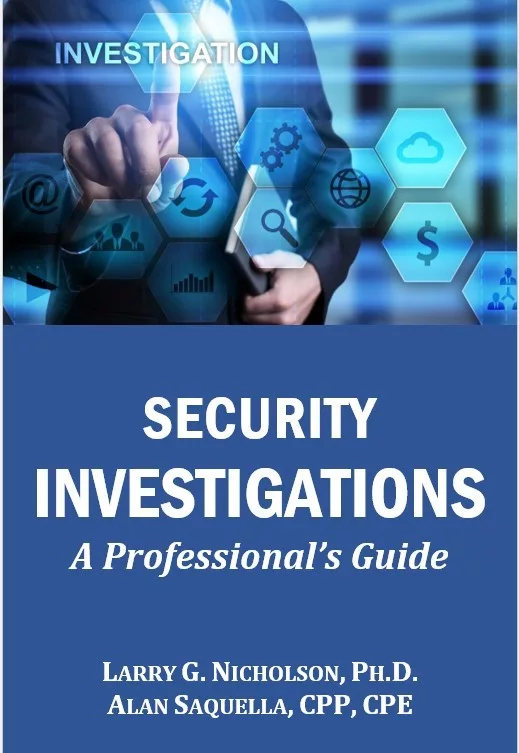Security careers in investigations


Security professionals who are considering the potential direction for their private sector career often overlook certain functional areas. While considered part of a security leader’s portfolio, many of these less obvious choices offer a broad diversity of challenges. One of these areas found in almost every industry sector is investigations.
The investigations career space is growing globally due to a wide variety of reasons. Proliferation of individual bad behavior, growing fraud schemes, intelligence targeting, insider threats, corruption, distractions due to major disruptive events and crises and general lack of ethics in leadership all contribute to the expansion in investigative openings.
There are many opportunities within various corporate departments that have accountability for a wide variety of investigative areas separate from traditional corporate security departments. Often organizations have multiple investigative tracks handled separately by different functions within the same company.
In addition to opportunities within conventional organizations, there are numerous opportunities externally with law firms, large and small investigative service providers, companies that support investigative activities together with technical analysis and large-member accounting services firms with investigative practices.
Below is a high-level list of investigative activities to consider when planning your career:
- Anti-Money Laundering (AML)
- Corruption — Conflicts of Interest, Bribery, Illegal Gratuities, Economic Extortion
- Counterfeit Products, Components and Raw Materials - Product Integrity
- Credit Card Fraud
- Due Diligence — Mergers and Acquisitions
- Due Diligence — Vendors, Suppliers, Partners and Customers
- Employee Misconduct — Compliance, Liability and Ethics
- Financial Statement Fraud (Net Worth/Net Income Overstatements/Understatements)
- Fraudulent Disbursements — Billing, Expense, Payroll, Check Tampering, Register Tampering
- Fraudulent Disbursements — Insurance Fraud
- Government Security/Intelligence Matters with Private Sector Organizations
- Individual/Personnel Employment Backgrounds
- Intellectual Property — Trademarks, Copyright, Confidential and Trade Secrets
- Legal Department Support, Inquiries, Internal/External Actions, etc.
- Management of Investigative Programs
- Property Theft, Diversion and Misappropriation — Supply Chain, Distribution False Sales and Shipping
- Retail Loss Prevention
- Technical Forensics — Technologies, Cyber and Data Information Systems
- Theft of Cash — Skimming, Larceny, Write-Offs, etc.
Each of these areas has experience and education requirements. They also require a deep understanding of governing laws, regulations and other unique challenges. In today’s environment it is also possible to have cross-border implications.
Salaries vary widely, but it is not uncommon to see compensation equivalent to that of CSOs, even at the individual contributor level. These are typically roles that conduct the higher-end, complex and sophisticated investigations.
Technology such as artificial intelligence coupled with expansion in data collection may reduce staff for many basic compliance and transactional investigative teams. However, the volume of investigations resulting from individual criminal activity, organized crime, terrorist organizations, state actors, unethical companies and internal opportunists continues to grow. Often, much of these fall upon victims within the private sector to address, creating a wealth of investigative career opportunities within organizations.
Looking for a reprint of this article?
From high-res PDFs to custom plaques, order your copy today!








